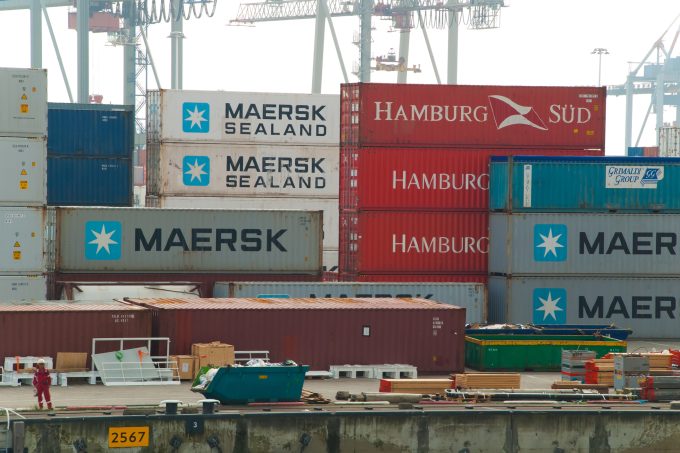MSC and CMA CGM gobble up capacity from non-operators
Don’t forget those intra-regionals…

Maersk believes supply chains “are finally beginning to stabilise and find equilibrium”.
Indeed, its Asia-Pacific March update is generally upbeat, advising that demand across its network is either stronger, or is about to strengthen, particularly on secondary trades.
However, it said that consumers were receiving “mixed signals” on the state of their economies, and that weaknesses from the combination of high inventories – especially in North Europe – and low confidence in future consumer demand were a negative influence.
Picking out the positives, it ...
'Disastrous' DSV-Schenker merger would 'disrupt European haulage market'
New senior management for DSV as it readies for DB Schenker takeover
Volumes set to 'fall off a cliff' as US firms hit the brakes on sourcing and bookings
Asian exporters scramble for ships and boxes to beat 90-day tariff pause
Amazon pushes into LTL for small package fulfilment and UPS does a u-turn
Temporary tariff relief brings on early transpacific peak season
Pre-tariff rush of goods from US to China sees air rates soar, but not for long
Forwarders 'allowing the fox into the chicken run' by supporting 'hungry' carriers

Comment on this article
Scott Dunn
March 31, 2023 at 7:03 amI can confirm that the stability of global supply chains is a crucial issue for businesses and consumers worldwide. It’s promising to hear that Maersk, one of the world’s largest container shipping companies, is reporting signs of stability in supply chains.
Given the unprecedented disruptions caused by the COVID-19 pandemic, including port congestion, container shortages, and global shipping delays, the news of supply chain stabilization is a positive development for businesses and consumers alike. With supply chains becoming more stable, companies can better manage their inventory and production schedules, and consumers can have more confidence in the availability of goods and services.
However, it’s worth noting that supply chain stability may still be fragile in certain regions, particularly those experiencing ongoing COVID-19 outbreaks or political unrest. Additionally, the ongoing global logistics challenges, including capacity constraints and rising costs, continue to pose challenges for businesses that rely on international trade.
Overall, while the news of supply chain stabilization is certainly welcome, businesses and consumers should remain vigilant and adaptable in the face of ongoing global disruptions.